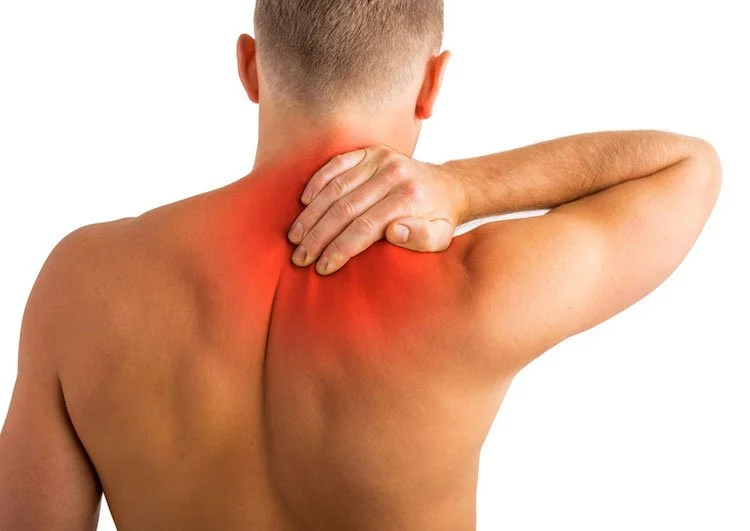Today I treated a man post surgery with a dorsal scapular nerve entrapment and it was fascinating. This is a condition that can cause significant discomfort and limitation in shoulder and upper back movement. I could see that his rhomboids weren’t engaged at all and as a result, the upper traps, levator scap and other muscles of the shoulder were compensating, causing a lot of trigger points and pain in those compensatory muscles. While conventional treatments such as physical therapy and medication are commonly utilized, acupuncture, especially with electric stimulation is a key component in his treatment plan.
The dorsal scapular nerve originates from the brachial plexus and innervates the rhomboid muscles and levator scapulae. Entrapment of this nerve can result from various factors, including muscle imbalances, repetitive movements, poor posture, or direct trauma. In this case, post surgery. Symptoms may manifest as sharp or burning pain in the upper back, shoulder blade area, and limited range of motion in the affected shoulder.
From a Western perspective, acupuncture is thought to modulate pain perception, promote tissue healing, and regulate neurological functions by triggering the release of neurotransmitters and hormones. From an electro-acupuncture point of view, the nerve needs to be stimulated and muscles that are not firing properly need to be stimulated along with it in order for the weak and inhibited muscles to function properly again. In addition, trigger point needling (aka dry needling) needs to be done AFTER the muscles of the shoulder girdle (the shoulder stabilizers) are fully functioning again. Otherwise, trigger points can make the situation worse.
Acupuncture offers a non-invasive and potentially effective approach to alleviate the symptoms associated with dorsal scapular nerve entrapment. By targeting specific acupuncture points along the affected meridians, acupuncturists aim to restore balance to the body's energy flow and address the underlying root causes contributing to nerve compression.
Key Motor Points for the Dorsal Scapular Nerve Entrapment:
1. The nerve itself, just behind and into the levator scapular muscle at the base of the neck.
2. Any muscles associated with that that have been inhibited or “turned off”. These could be the rhomboids, the supraspinatus, the infraspinatus, etc.
3. Antagonist muscles that may try to compensate for the weakness in the above muscles such as the upper traps. These often have trigger points.
4. The subscapularis which is the muscle deep into the armpit. I’ll often find this muscle pulling the shoulder forward in an attempt to guard after surgery. (also works great for frozen shoulder after being in a sling for so long!)
Key Acupuncture Points for the Dorsal Scapular Nerve Entrapment:
As we know the acupuncture points are wonderful for bringing blood flow to the area and moving any stagnation through the shoulder.
1. Jianjing (GB21): Located on the top of the shoulder, this point is commonly used to relieve shoulder tension and pain.
2. Tianzong (SI11): Found on the scapula, Tianzong is effective in treating shoulder and upper back pain.
3. Shousanli (LI10): Situated on the forearm, this point aids in promoting circulation and reducing muscle tightness in the upper extremities.
While acupuncture shows promise in the management of dorsal scapular nerve entrapment, individual responses may vary. Some patients may experience immediate relief after a few sessions, while others may require ongoing treatment for sustained benefits. It's essential to consult a qualified acupuncturist who can tailor the treatment plan to address the specific needs and preferences of the patient.
In addition to acupuncture, a comprehensive approach to managing dorsal scapular nerve entrapment may include lifestyle modifications, ergonomic adjustments, and therapeutic exercises to enhance posture and muscle strength. It's crucial to integrate acupuncture as part of a holistic treatment regimen to optimize outcomes and improve overall well-being.
Acupuncture offers a promising adjunctive therapy for individuals suffering from dorsal scapular nerve entrapment, providing a holistic approach to pain management and rehabilitation. By targeting key acupuncture points and restoring balance to the body's energy flow, acupuncture can alleviate symptoms, improve range of motion, and enhance quality of life for patients with this condition. As always, make sure to see a qualified Licensed Acupuncturist who is proficient in Orthopedic acupuncture and Sports Medicine. Feel free to contact me for more information.

